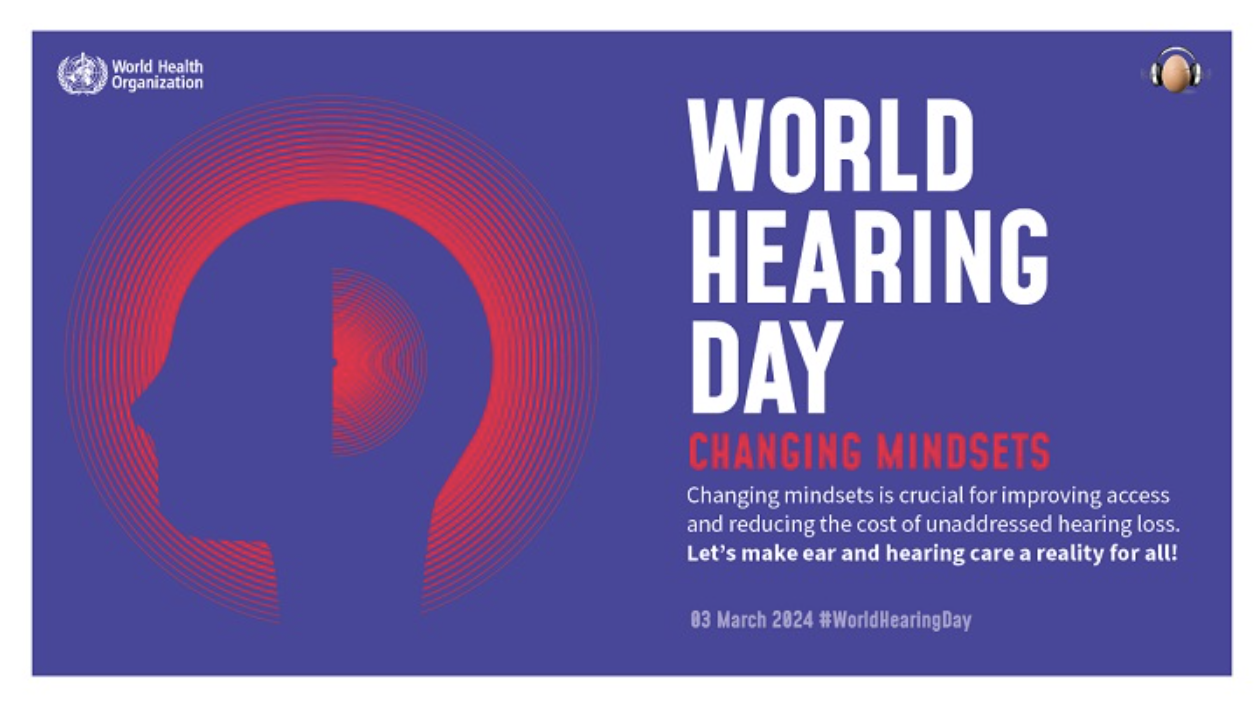
On the road to performing again, but this time with hearing aids
February 6, 2019
Meet a deaf art director taking the world by storm
February 8, 2019Stresses and rewards of genetic testing for hearing loss

When our hard of hearing daughter was first referred for genetic testing, I was skeptical.
On the one hand, genetic testing might find a definitive cause of hearing loss. On the other, it might not reveal anything. Not all hearing loss genes are known.
Worst case scenario, her genetic information might be used to discriminate against her in the future. Right now it’s illegal for insurance companies to discriminate based on genetic information. My concern was that future changes to the law might make her vulnerable.
So we sat on the referral. We waited and did nothing. But then things changed.
Around the time of our daughter’s first birthday, her hearing thresholds seemed to be worsening. Booth tests suggested she might have a progressive hearing loss. In light of this, genetic testing became more important to us for the answers it might provide.
“Booth tests suggested she might have a progressive hearing loss.”
So we pushed our worries aside and scheduled the appointment.
The genetics appointment itself was short and sweet. They drew blood, asked about family history and measured our child’s physical features.
Three weeks later, they called us with results.
She tested positive for GJB2 (also called Connexin 26 or DFNB1).
I was thrilled. We finally had a definitive cause of her hearing loss. We finally had an answer.
Read more: How I found the answer to ‘What caused my son’s hearing loss?’
What is GJB2 also known as Connexin 26?
GJB2 is the most common cause of inherited hearing loss. It’s a gene mutation that causes potassium to build up in the inner ear, destroying hair cells and causing mild to severe hearing loss. The most useful part of having this diagnosis is that it rules out other medical conditions. Whereas some forms of hearing loss can cause issues with vision or kidney function, GJB2 causes hearing loss and nothing else.
“It’s a gene mutation that causes potassium to build up in the inner ear, destroying hair cells and causing mild to severe hearing loss.”
This was comforting news.
This genetic result also explained why our firstborn hears normally but our second child does not. Since GJB2 is an autosomal recessive disorder, each pregnancy has a 25 percent chance of being affected. In other words, our children have a one in four chance of being deaf or hard of hearing.
Approximately one in 30 Caucasians is unaffected carriers of GJB2. Since neither of us has any family history of childhood hearing loss, my husband and I were surprised to learn that we both are carriers.
In a sense, a genetic diagnosis means that our daughter’s hearing loss was “written in the stars.” Like the genes for her beautiful red hair and bright blue eyes, GJB2 was present in her DNA from the moment of conception.
Certain kinds of hearing loss are preventable but GJB2 is not one of them. This helped absolve me from mom guilt. I finally could stop blaming myself for my daughter’s hearing loss.
“I finally could stop blaming myself for my daughter’s hearing loss.”
In hindsight, I wish we would’ve done genetic testing sooner. Most of my fears were unfounded. It provided valuable information. Ultimately, the value of this information in the present outweighs my concerns about theoretical misuses of it in the future.
How was your experience with genetic testing for hearing loss? Let us know in the comments.



